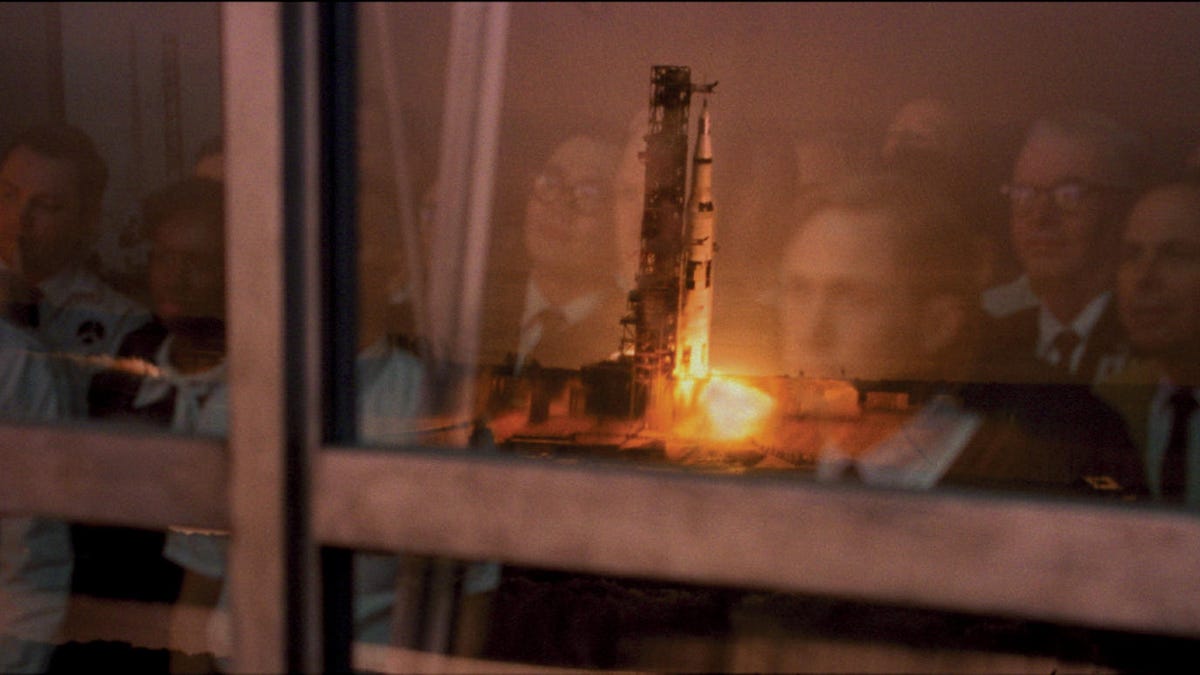First Man is the moon landing experience my generation is missing
Commentary: It may be just a movie, but First Man’s epic scenes of humanity's lunar journey could inspire the next generation of space dreams.

There's something about space that fascinates me, and I'm probably not alone.
Humans are explorers. We venture into the unknown, seek new ground and uncover new worlds. We've been doing this since the days of Christopher Columbus, and while there's nowhere on our planet we haven't seen yet, thanks to satellite technology, our minds still crave discovery -- whether it be through books, movies or television.
What's puzzling, then, as my colleague Richard Trenholm points out in his review of First Man, is that no one under 40 has seen a human set foot on the moon since the heyday of Apollo space exploration ended in 1972.
Where are the lunar bases? The orbital colonies? Why haven't we explored the vast reaches outside our fragile planet? Or sought new resources and undiscovered vistas fresh for the eyes of humanity?
Since the end of the lunar race, we as a species have turned inward, bogged down by petty politics, budget issues and wars that never end.
First Man showed us what a group of talented, dedicated individuals can do, with technology that feels like it shouldn't even fly, much less reach the moon. We've come so far since then, making pocket supercomputers, discovering new ways of powering vehicles, and reaching out to the stars with newer and better telescopes.
The beautifully shot film took me to a world I never expected to experience in my lifetime. First Man could inspire a new age of explorers, who seek the faraway stars and help humanity spread its collective wings.
It's idealistic, but we can dream and we should.
Perhaps the final frontier of space will not be breached with government agencies leading the way, but corporations such as SpaceX and Virgin Galactic. Or with China and its plan to build a lunar base by 2030. That may be the sharp jab to our behinds we need to start looking outward even as NASA turns 60 and reinvents itself for a new age.
I'll likely be too old to play space tourist by then, but I'd love to be able to see our lovely blue marble from way above just once.
Here's to the dreamers and the explorers of the first moon landing. Thank you for leading the charge.
NASA turns 60: The space agency has taken humanity farther than anyone else, and it has plans to go further.
Taking It to Extremes: Mix insane situations -- erupting volcanoes, nuclear meltdowns, 30-foot waves -- with everyday tech. Here's what happens.

